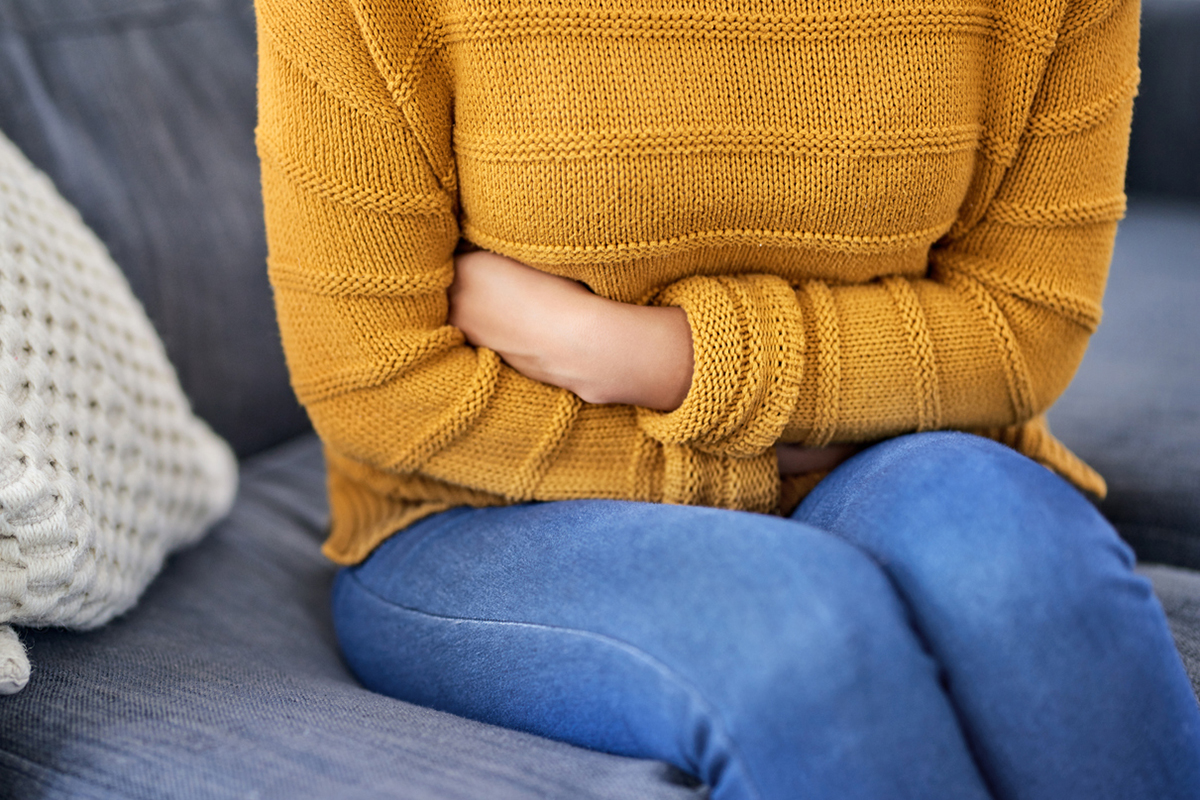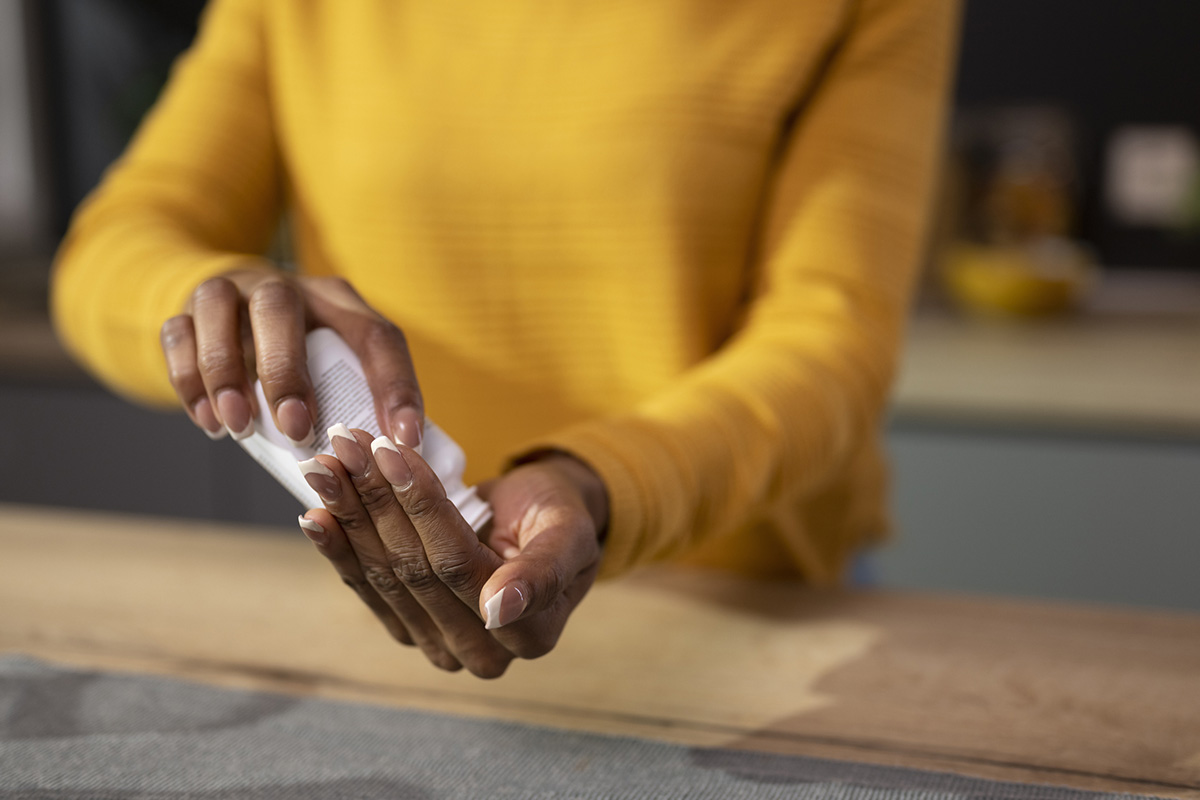Q: My granddaughter suffers terrible cramps during her monthly periods. She is 27 years old. I mentioned to her it may have something to do with her diet. Any suggestions?
A: Many women are plagued with primary dysmenorrhea, which is the medical term for painful menstrual cramps which start shortly before or at the onset of menses, lasting a few days. Accompanying symptoms like nausea, headache, fatigue, dizziness, and loose stools may also be present.
Primary dysmenorrhea is spasmodic and painful menstrual cramps in the lower abdomen in the absence of any uterine pathology whereas secondary dysmenorrhea is caused by other conditions, such as endometriosis, uterine fibroids, or pelvic inflammatory disease.
Dysmenorrhea is said to be initiated by the secretion of prostaglandins in the uterine lining, causing contraction of the muscles and blood vessels which help to shed the uterine lining. The higher the production of prostaglandins, the more intense the cramps and associated discomfort.
Changes in diet can help reduce menstrual cramps, especially the avoidance of caffeine and alcohol. Moreover, reducing and eliminating inflammatory foods like sugar and other refined carbohydrates, proinflammatory vegetable and seed oils, excess sodium and MSG, additives and preservatives, and artificial sweeteners can help down-regulate the production of proinflammatory prostaglandins, diminishing discomfort.
Anti-inflammatory omega-6 oils such as borage and evening primrose aid in moderating the production of inflammatory prostaglandins, helping to reduce pain. Adding magnesium, B vitamins, and omega-3 fats further enhances an anti-inflammatory diet of whole foods, reregulating prostaglandin production.
Regular aerobic exercise is shown to help reduce the severity of primary dysmenorrhea according to this study.
To your health!








